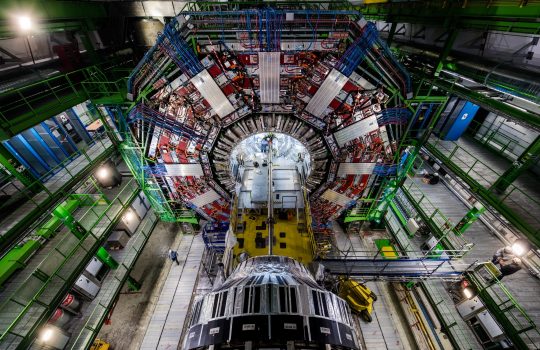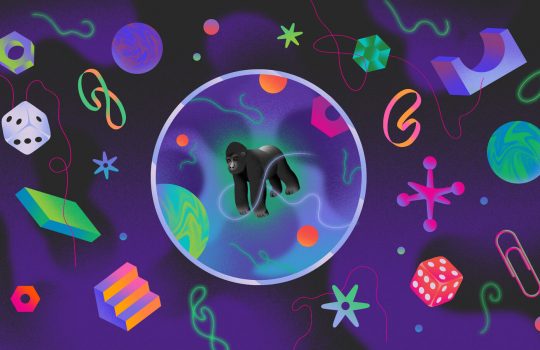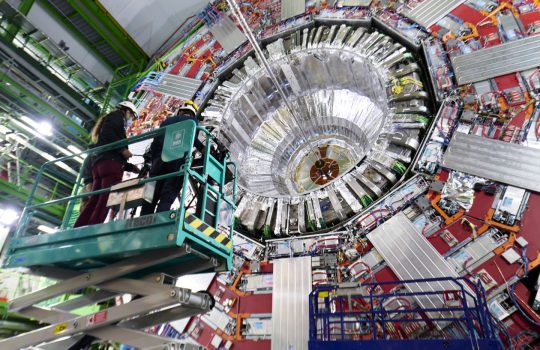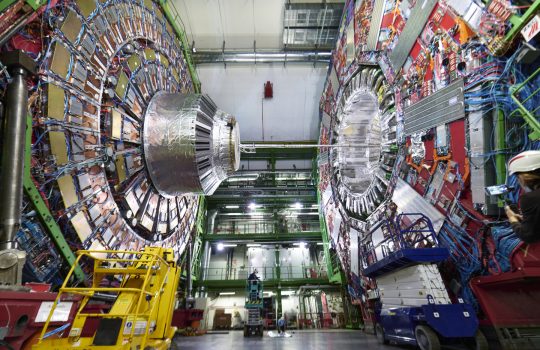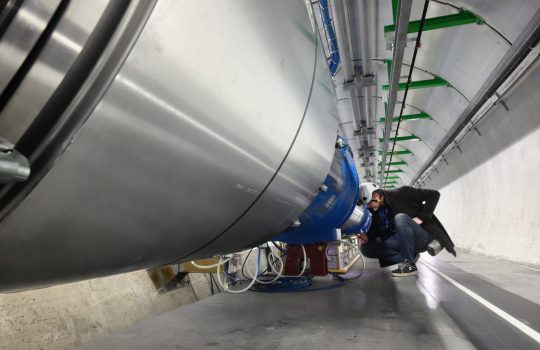CERN’s Latest Triumph: W Boson Mass Mystery Finally Solved by Large Hadron Collider
Sci Tech Daily, September 24, 2024
Following nearly a decade of analysis, the CMS experiment has found that the W boson’s mass aligns perfectly with Standard Model predictions with remarkable accuracy.

